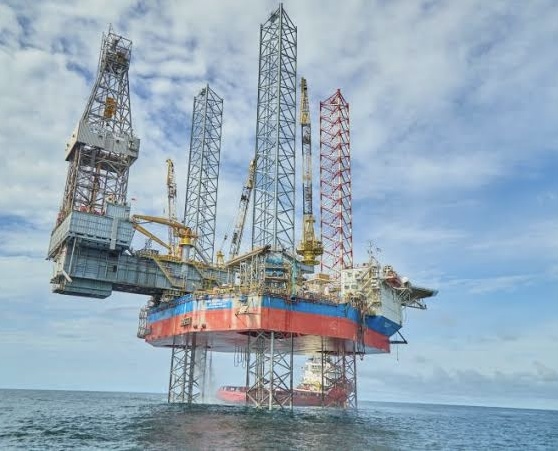KEY POINTS
- Nigeria begins verification of disputed and new oilfields to settle ownership claims.
- Exercise targets assets in Anambra, Delta, Imo, Rivers, Akwa Ibom, Bayelsa, Edo, and Ondo.
- RMAFC says the goal is transparency, fairness, and equitable allocation of oil revenues.
Nigeria has launched a sweeping verification exercise of disputed and newly drilled oilfields and gas fields in the Niger Delta, a move aimed at settling long-running ownership disputes and ensuring a fairer sharing of revenue among producing states.
Mohammed Shehu, chairman of the Revenue Mobilisation Allocation and Fiscal Commission (RMAFC), said in Asaba that the initiative is legally backed by the 1999 Constitution, which empowers the commission to monitor accruals into and disbursements from the federation account.
“We are reaffirming our commitment to accurately identify the locations of crude oil and gas wells within disputed areas and recently drilled sites,” Shehu told reporters. “This is crucial to guarantee that the 13% derivation fund is allocated equitably.”
At the center of the disputes are oilfields such as the Aneize in Oil Mining Lease 143, and the Eyine and Ameshi fields, straddling boundary areas between Anambra, Delta, and Imo. Similar tensions have flared in Rivers, Akwa Ibom, Bayelsa, Ondo, and Edo, where governors have filed petitions over territorial claims.
Dispute Resolution Through Data
The verification will be carried out by an Inter-Agency Technical Committee comprising the RMAFC, the Nigerian Upstream Petroleum Regulatory Commission, the Office of the Surveyor General of the Federation, and the National Boundary Commission. Geospatial data from the NUPRC will be validated and plotted, while state surveyor-generals will oversee the process to safeguard transparency.
Shehu said the exercise is not just about resolving boundary quarrels, but about strengthening trust in the federation account and calming political frictions among producing states. “By promoting transparency and fairness, we are laying the groundwork for a more stable environment for exploration and development across the region,” he said.
The verification, which covers assets drilled since 2017, is expected to help ease tensions that have sometimes delayed investment and exacerbated mistrust between states and Abuja. It also reflects growing pressure from state governments eager to secure revenues at a time of tighter fiscal space and continued volatility in global oil markets.
Ultimately, the government hopes the effort will defuse one of the region’s most contentious issues—who controls what oilfield—and restore confidence that revenues from the Niger Delta are being allocated on the basis of verifiable data rather than political negotiation.



